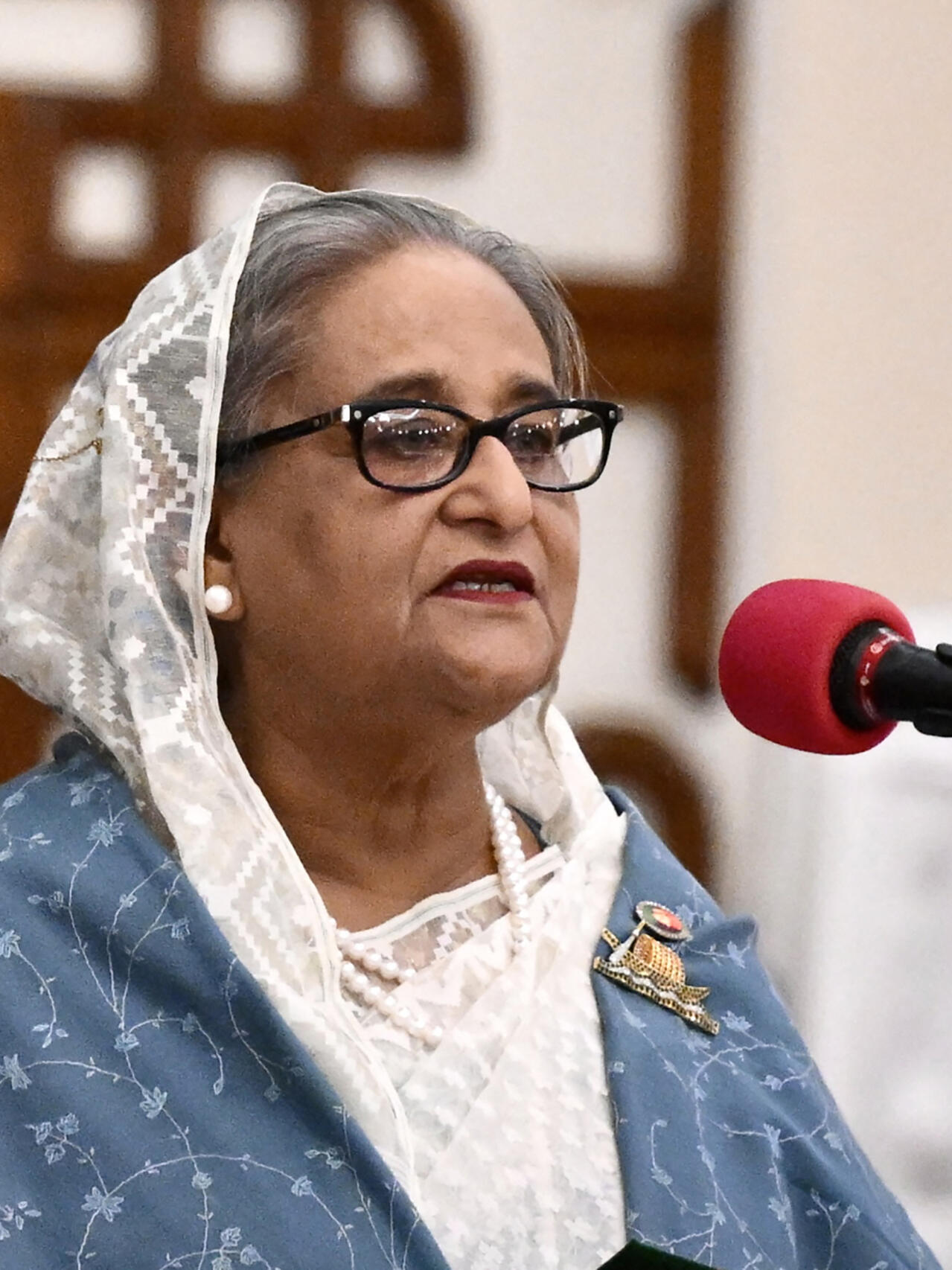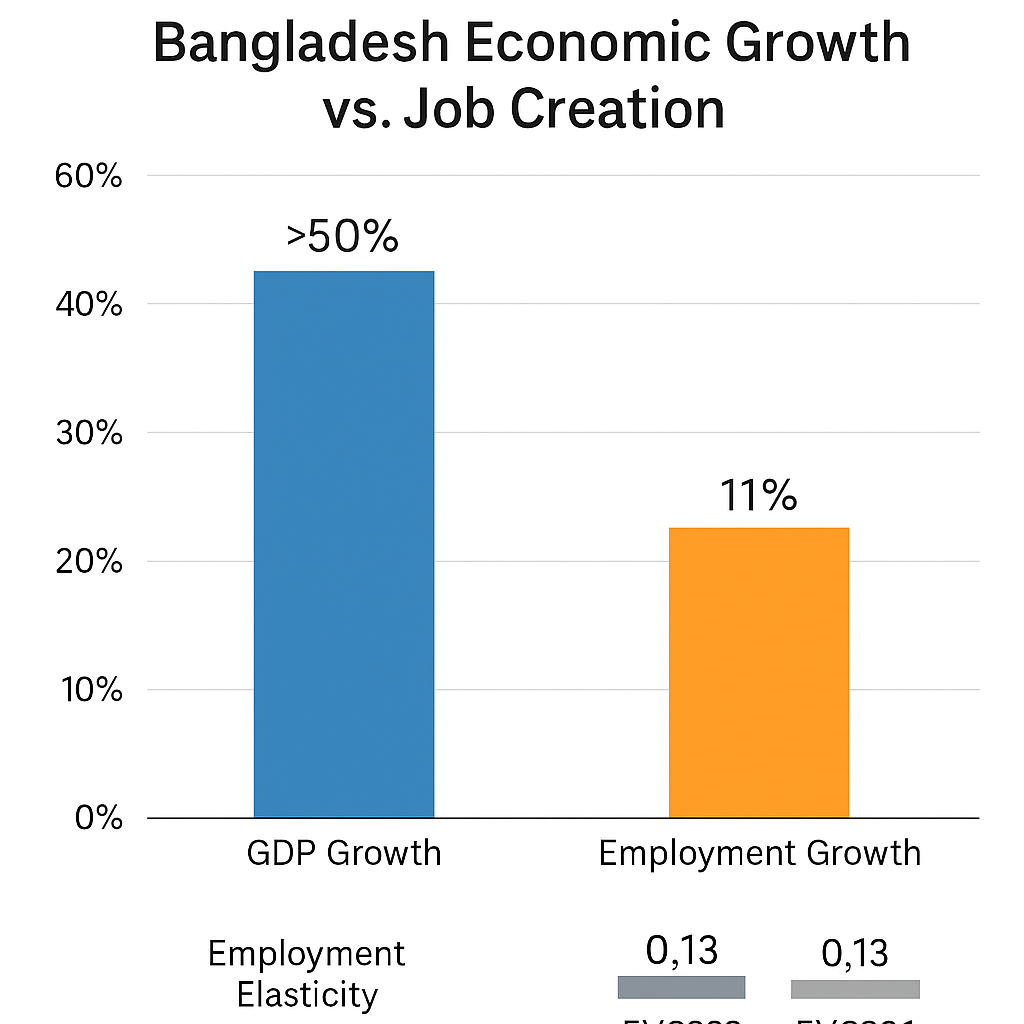
Exports to UK to remain duty-free under the Developing Countries Trading Scheme (DCTS), securing benefits beyond LDC graduation
The United Kingdom has officially confirmed that Bangladesh will continue to enjoy duty-free market access under its newly implemented Developing Countries Trading Scheme (DCTS), securing vital trade privileges for the South Asian nation as it prepares to graduate from its Least Developed Country (LDC) status in 2026. This development offers a strong measure of stability for Bangladeshi exporters, particularly in the ready-made garments (RMG) sector, which comprises the majority of the country’s export earnings and plays a central role in employment generation and economic growth.
The DCTS, which came into effect on June 19, 2023, is designed to simplify and liberalize trading terms for 65 developing nations across Asia, Africa, and the Pacific. Replacing the UK’s previous Generalised Scheme of Preferences (GSP), the DCTS guarantees duty-free access for 98% of Bangladeshi exportable goods. This includes critical export categories such as textiles, garments, leather goods, frozen foods, jute, electronics, and other labor-intensive products. The UK is currently Bangladesh’s third-largest export market, with shipments worth approximately USD 5.3 billion in fiscal year 2022–23. The majority of this figure comes from the RMG sector, which remains the backbone of Bangladesh’s economy and employs millions of workers, especially women.
A distinguishing feature of the DCTS is its simplified rules of origin, which now allow Bangladesh to source raw materials and intermediate goods from up to 95 countries and still qualify for duty-free access to the UK. This modification provides a crucial competitive edge to Bangladeshi exporters who rely on imported inputs, particularly in an era of complex global supply chains. By lowering the local value addition threshold, the UK has offered a level of sourcing flexibility that is more generous than what is currently available under the European Union’s GSP. This helps reduce production costs and enhances the efficiency and profitability of export-oriented industries.
UK officials have emphasized that the DCTS is part of a broader strategy to support sustainable development and industrial growth in developing economies. According to statements made by the UK’s Department for Business and Trade, the scheme aims to promote resilience in manufacturing, create jobs, and enable countries like Bangladesh to integrate more deeply into global value chains. UK High Commissioner to Bangladesh, Sarah Cooke, described the arrangement as mutually beneficial, noting that it not only supports Bangladeshi economic aspirations but also ensures that UK consumers continue to enjoy high-quality goods at competitive prices. This alignment of development goals with trade benefits marks a progressive shift in the UK’s post-Brexit foreign trade policy, which seeks to build inclusive and long-term partnerships with emerging economies.
Importantly, the DCTS includes transitional support mechanisms that address the needs of countries like Bangladesh as they exit LDC status. One of the greatest concerns surrounding LDC graduation has been the potential loss of preferential market access, which could severely impact export competitiveness and economic stability. However, under the DCTS, Bangladesh is expected to continue benefiting from duty-free treatment even after graduation, as part of what the UK calls the “Enhanced Preferences” tier. This allows for a smoother transition, avoiding the kind of trade disruption that has historically plagued LDCs during the post-graduation phase. It also provides businesses with a predictable policy environment in which to plan long-term investments and production strategies.
Nevertheless, access to the DCTS is contingent upon compliance with certain eligibility criteria, including adherence to international standards on human rights, labor practices, environmental protection, and good governance. These conditions reflect growing global expectations around ethical sourcing and corporate responsibility. For Bangladesh, this means continued reforms in areas such as workplace safety, labor rights enforcement, and environmental sustainability, particularly in high-risk industries like RMG. While some exporters may view these requirements as burdensome, trade experts argue that they represent an opportunity to upgrade standards, enhance brand reputation, and position Bangladeshi goods as responsible and high-value offerings in global markets.
In addition to securing existing markets, the DCTS opens the door to export diversification. Bangladesh has long been dependent on garments for the bulk of its foreign exchange earnings, but the generous terms of the new UK scheme could encourage the development of other sectors such as ICT, pharmaceuticals, agro-processing, footwear, and light engineering. With reduced tariff barriers and flexible sourcing rules, manufacturers now have greater incentive to invest in new product lines and enter niche markets in the UK. This diversification is crucial not only for reducing economic vulnerability but also for generating higher-value exports and creating more skilled employment opportunities.
The continuity of duty-free access under the DCTS also enhances Bangladesh’s credibility as a trading partner and strengthens its position in negotiating future bilateral or multilateral trade agreements. It sends a strong signal to other developed markets, including Canada, Australia, and the EU, about the value of supporting Bangladesh through its development transition. Moreover, the DCTS offers a template for other trade relationships to follow, combining preferential market access with developmental incentives and regulatory expectations.
In conclusion, the UK’s decision to maintain duty-free access for Bangladeshi exports through the Developing Countries Trading Scheme is a timely and strategic move that benefits both nations. For Bangladesh, it provides critical market security, supports industrial growth, and ensures a smoother path beyond LDC status. For the UK, it ensures continued access to affordable, high-quality goods while advancing its development cooperation agenda. As Bangladesh navigates the next phase of its economic evolution, schemes like the DCTS will play a pivotal role in sustaining export-led growth, encouraging responsible business practices, and integrating the country more fully into the global economy.
source : thedailystar.







